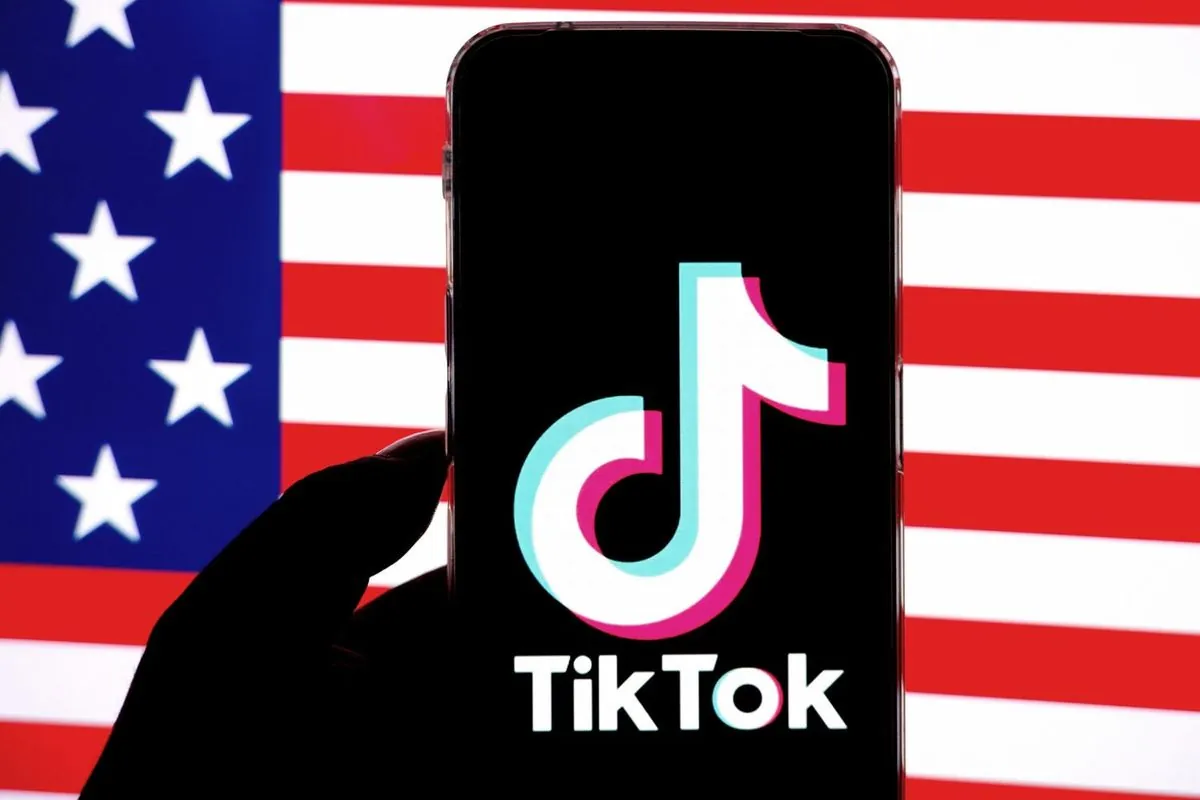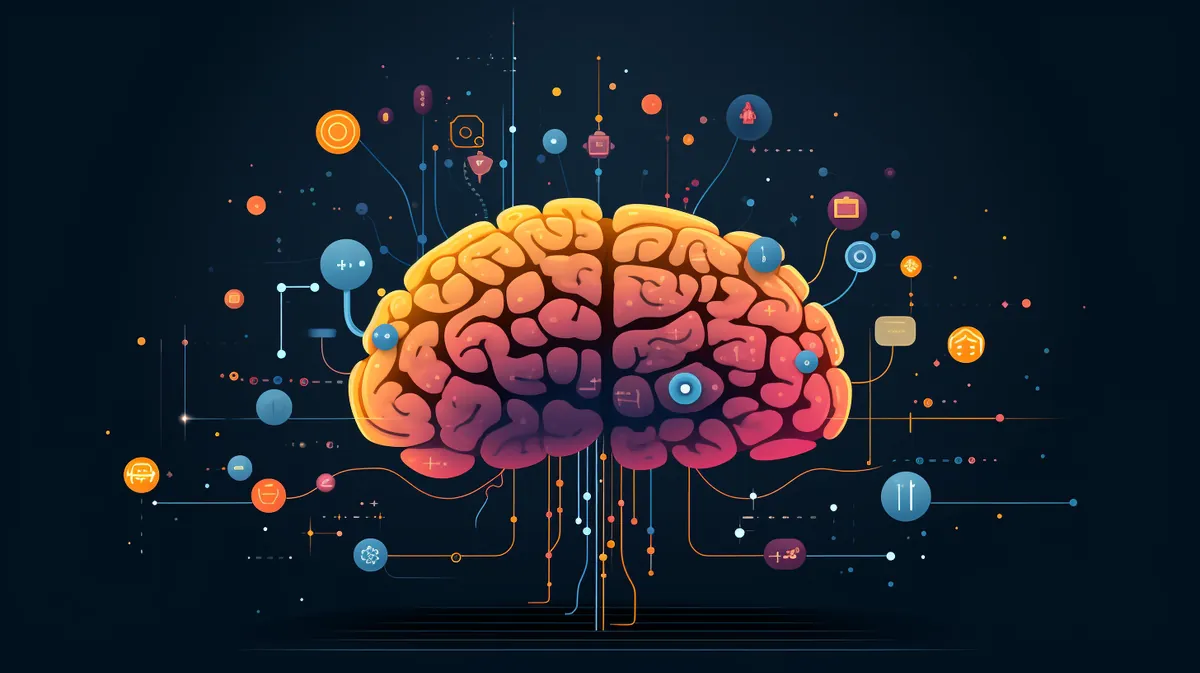TikTok Dilemma: US Ban Threat Sparks Debate on Internet Freedom
US law demands TikTok's divestment from Chinese ownership, highlighting broader internet control issues. Proposal for a "knowledge commons" aims to democratize online information access and protect user data.

The US government's recent ultimatum to TikTok has ignited a complex debate about internet freedom and control. In April 2024, President Joe Biden signed a law requiring ByteDance, TikTok's parent company, to divest from its US operations by January 19, 2025, or face a potential ban. This decision affects an estimated 170 million US users and raises questions about the future of online platforms and data ownership.
The law's implications extend beyond TikTok, highlighting broader concerns about internet control by powerful entities. ByteDance and TikTok have challenged the law's constitutionality, emphasizing First Amendment rights in a lawsuit expected to reach the Supreme Court. However, the core issue lies in the current internet ecosystem, where user data is controlled by a select few corporations and governments.

A proposed solution to this dilemma is the creation of a "knowledge commons" - an alternative online ecosystem that decouples apps from databases. This concept, developed by Canadian programmer and philosopher Heather Marsh, aims to democratize access to information and protect user data. The project, called Getgee or G, would separate information into layers, with a universal database as its foundation.
Key features of the G project include:
- Public data stored in a universal database
- Apps providing additional features without collecting personal data
- Personal data treated as individual property
- Middle layers enhancing the database with meaning and trust networks
This structure would allow users to access and share content across different apps, promoting mass collaboration and reducing dependence on any single platform. For example, a user could upload a video to the universal database and access it through various apps, each offering unique features without compromising data privacy.
The current internet landscape poses significant challenges:
- Addictive algorithms harming mental health
- Content suppression and censorship
- Covert monitoring of user data
- Difficulty in accessing diverse perspectives
Shou Zi Chew, TikTok's CEO, has faced scrutiny over the platform's ties to the Chinese government and its data practices. Despite assurances that TikTok operates independently, evidence suggests close connections between ByteDance and Chinese authorities.
"TikTok would not be manipulated by any government"
However, former employees and court filings contradict these claims, indicating significant control by ByteDance and, by extension, the Chinese Communist Party.
The proposed G system could address many of these issues by creating a truly global commons for information sharing and collaboration. While not a complete solution to all online challenges, it offers a framework for a more open and equitable internet.
As the debate over TikTok's future continues, it's crucial to consider the broader implications for internet freedom and user rights. The development of alternative systems like G could pave the way for a more democratic and user-centric online environment, free from the control of any single entity or government.


































